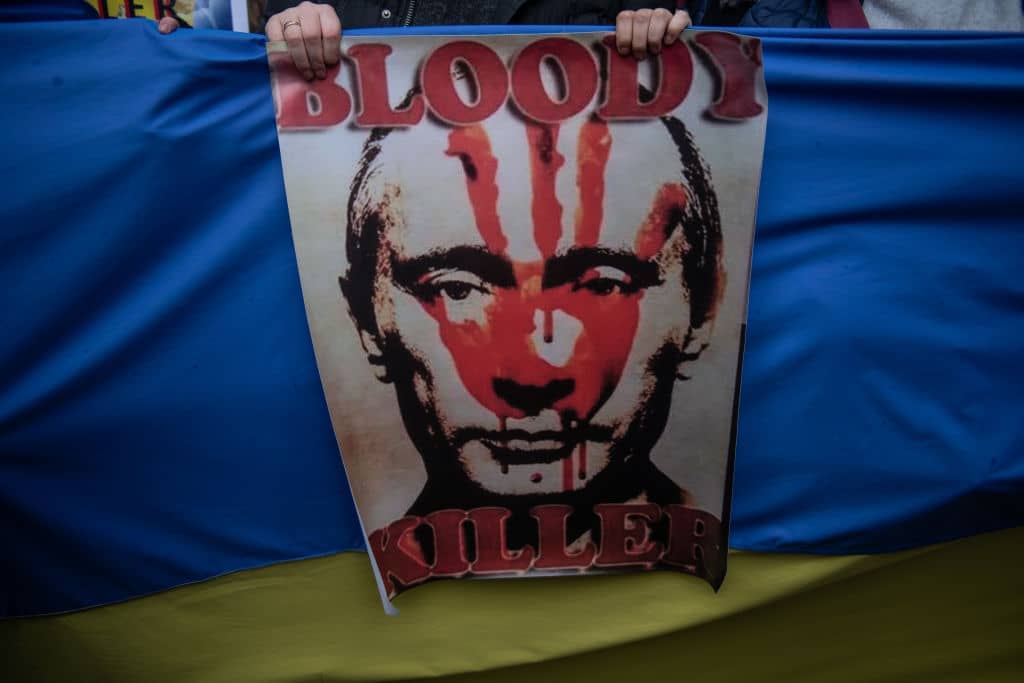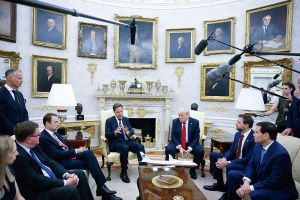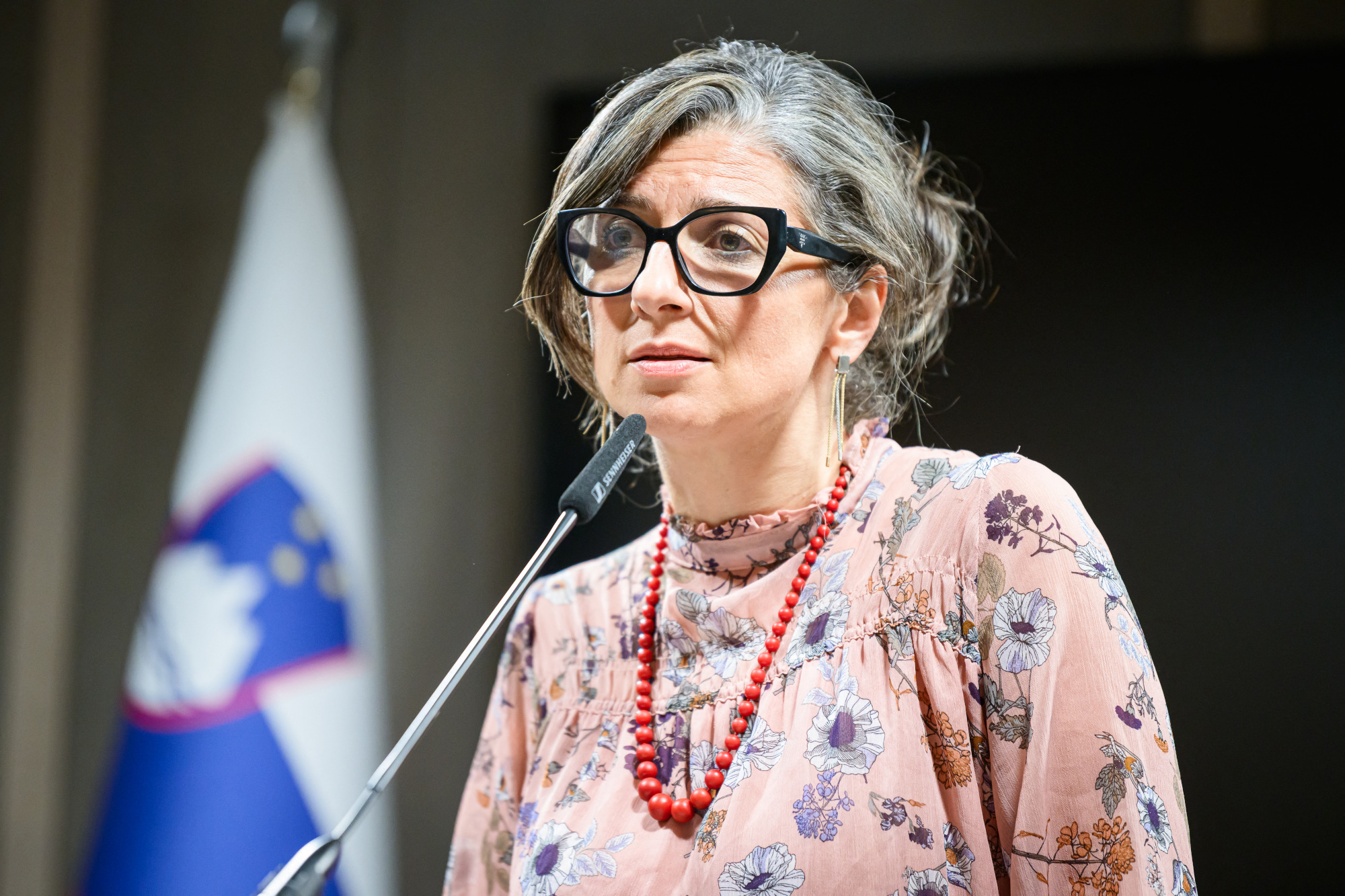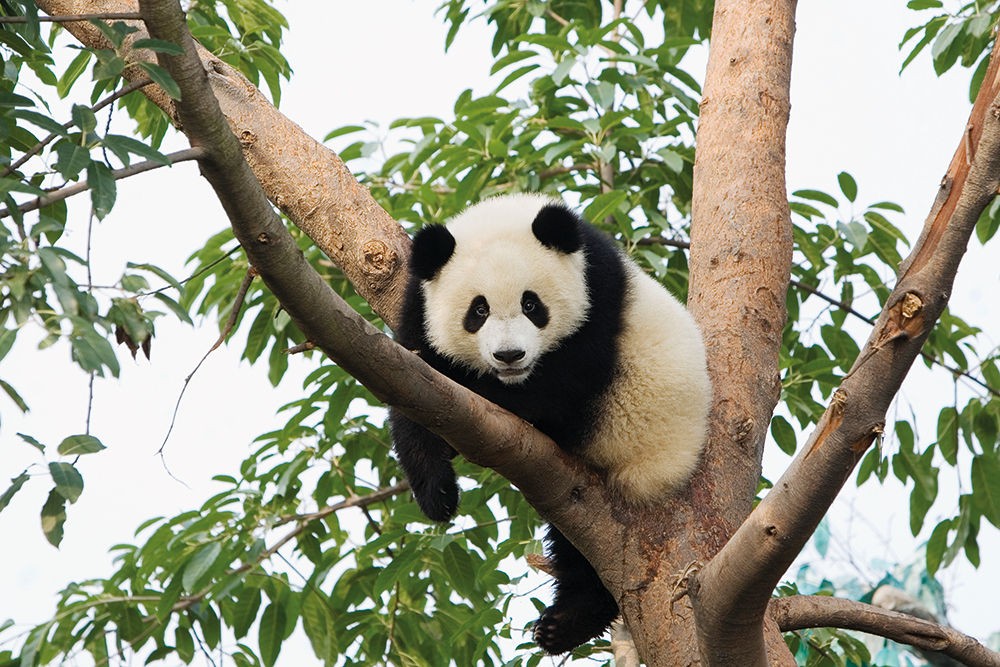Britain’s defense secretary Ben Wallace may be right that Russian troops have not succeeded in all their immediate objectives, that they are demoralized and have been incompetent, and have suffered heavy losses. But the idea Putin is failing miserably — as Wallace claims — won’t be compelling to those who spent the night in Kiev’s metro stations to shelter from Russian missiles. President Volodymyr Zelensky and his government colleagues, who warn that the first priority of Russia’s special forces is their removal from the face of the planet, are also unlikely to be persuaded.
For all Western leaders’ words about imposing the “mother of all sanctions” and not allowing the bully Putin to prosper, Ukrainians can only see Putin’s overwhelming military capability. They struggle with the idea of the US, EU, UK and the rest as their immediate salvation.
The sanctions announced so far will take months and years to cause real pain to Russia, so there is little the West has done or is doing that reduces the very high probability that within days Putin will look as though he has taken control of the levers of the Ukrainian state.
For the avoidance of doubt, Western intelligence warned in precise terms to expect more or less precisely what we are witnessing. Some had thought Putin’s war games were an elaborate bluff, because of his failure to condition Russian public opinion to any great extent in the preceding weeks (there was more in the Russian media about the British government’s “parties during lockdown” scandal than about the invented threat to the Fatherland from Ukraine and Nato).
More therefore could and should have been done earlier by the rich Western governments to defend Ukraine. But at the risk of sounding callous, that is spilled milk. The question is “what now?” Even if — as seems likely — Putin wins the immediate battle, that is not the same as winning the war.
There are two related issues therefore for Western leaders: namely how to maximize the costs to Putin and also demonstrate much more clearly to Ukraine’s citizens that the West is on their side. When I talk to British ministers and their military and intelligence advisers, they say Putin has bitten off more than he can chew; that even if Putin succeeds rapidly in installing a puppet or poodle regime, he’ll face years of costly insurgency, in a European remake of the Afghanistan trauma. And they say that the sanctions imposed by the West will degrade the Russian economy and impoverish Russian people by limiting access to Western finance, Western technology and Western spare parts.
Both those statements may be true. But the cost to the free world may yet be far too high. The point is that when it comes to finance, or missing parts for airplanes and oil refineries, China has the ability to make good the deficits for Russia created by the sanctions. President Xi probably doesn’t welcome Putin’s invasion, but given a choice between standing with the US or with Russia, it is inevitable Xi will go with Putin, though presumably at a price.
What we are witnessing is an acceleration of the division of the world between the focused and co-ordinated forces of autarky, led by China, and the rich but rabble West. Which leads to two inescapable conclusions.
First, that NATO probably has to provide more conspicuous military support to Ukraine’s people, though that is a daunting notion given Putin’s implied threat to use nukes. Second, and probably more importantly, the rich world — and the EU in particular — has to maximize the short term shock to the Russian economy, rather than relying on long term degradation.
And that would require both properly depriving Russia of access to Western capital and liquidity — by expelling it from the SWIFT system of facilitating bank-to-bank transfer — and severing dependence on Russian oil and gas.
So why hasn’t the West put in place the kind of embargoes and boycotts that would cause real and immediate pain in Moscow?
It’s because there would be an associated and agonizing shock in Europe: plenty of European businesses would struggle to get money they’re owed out of Russia, and much of the EU, and notably Germany and Italy, are hooked on Russian hydrocarbons. The risk of a short sharp economic assault on Russia is the lights would temporarily go out in the West too (and not just in Germany and Italy, because every country would be battling to secure shipped LNG gas from other producers).
But the fundamental point is that if we in the West want to preserve our way of life, if we want to make the case properly that might is not right and that rules and democracy matter, we will need to make a sacrifice. What’s striking and depressing is that investors are betting there will be no such sacrifice: they are “buying on the cannons” and have sent stock markets sharply higher.
The point is that the big money assumes the West will make another devil’s accommodation with Putin. Even after more than a decade of failing to contain him, the presumption is that Western leaders will again persuade themselves they can rein him in without imposing a substantial financial price on their own people.
The big money can be foolish. Markets aren’t always right. But as a proxy for the wishful thinking and frailty of our leaders, they are worth heeding.
This article was originally published on The Spectator’s UK website.

























